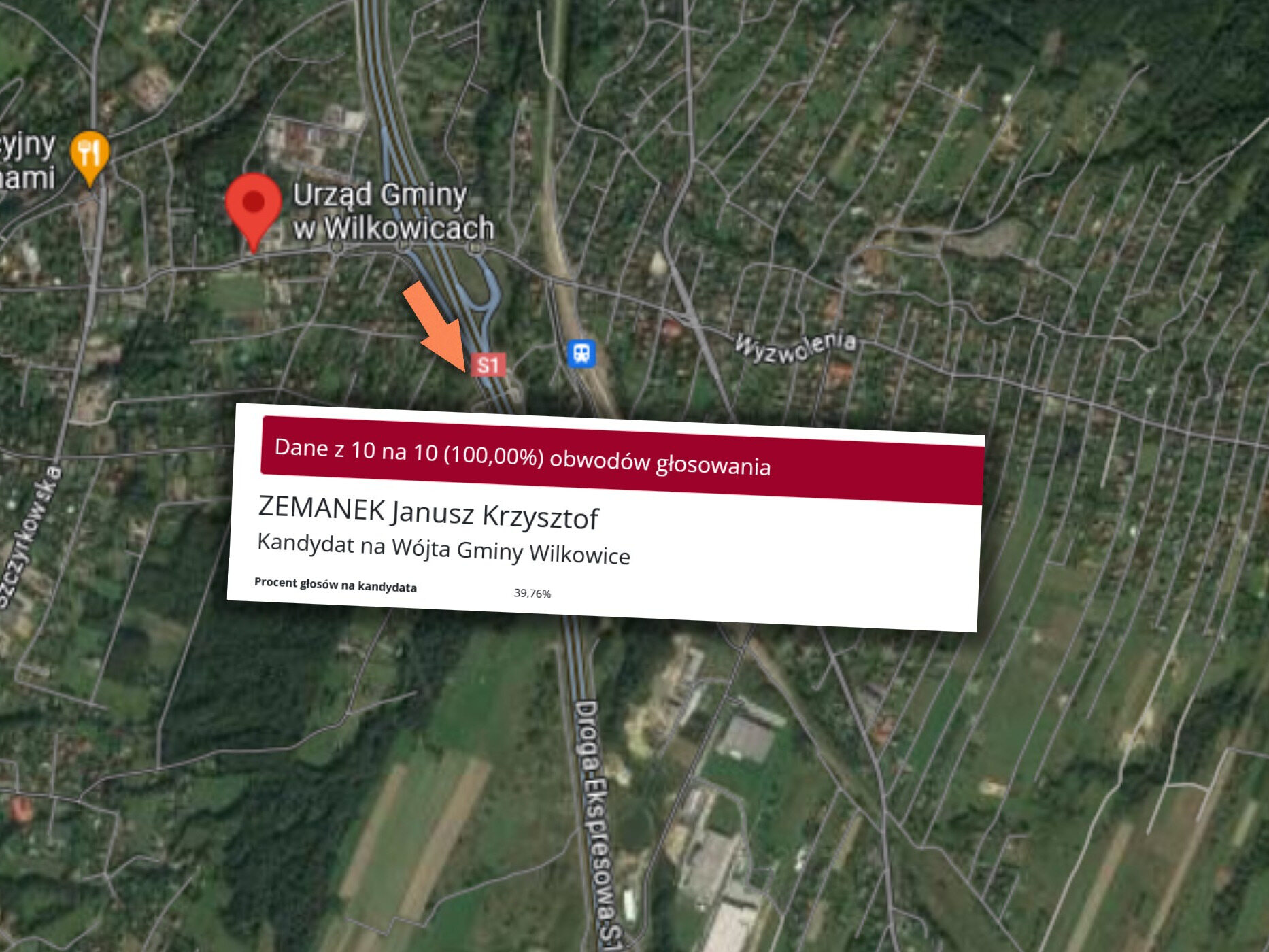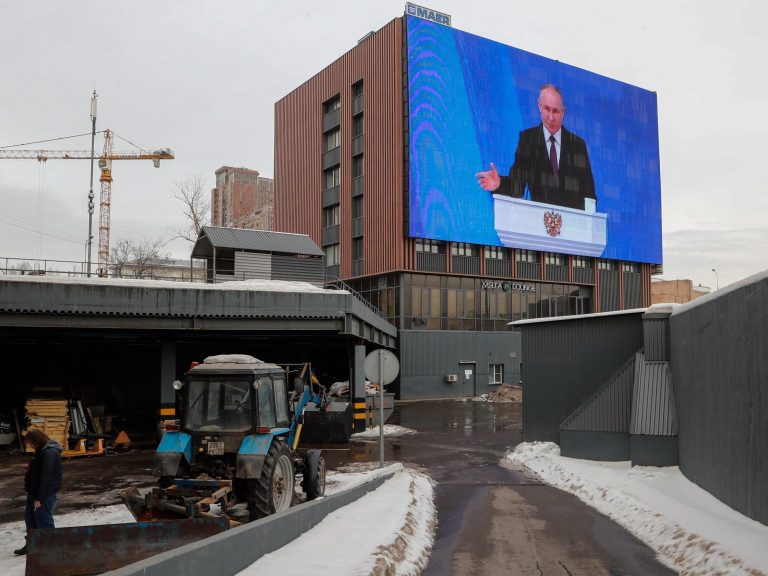He was the only candidate for mayor and lost. This is how he commented on the matter

Residents of the Wilkowice commune went to the polls on April 7 to, among other things, choose a mayor. They had nothing to choose from – only one candidate took part in the race for power. And he lost. The media summarizes the whole situation bitterly. Janusz Zemanek – because we are talking about him – decided to speak out.
The 43-year-old mayor of the Wilkowice commune won the local elections in 2018. He received over 47 percent then. all votes – he defeated Marek Rączka, who received just over 38% in the second round. votes.
Zemanek decided to run for re-election in 2024. He had a good chance of winning because he was the only candidate – he ran from the list of the Wilkowice Commune Voters Wspólna Sprawa electoral committee. However, the inhabitants were not favorable to him. He received nearly 3.1 thousand. votes “against” – only half as many residents, in percentage terms, wanted him to rule the commune again – specifically 2.05 thousand. voters (which gives 39.8% of votes “for”) – as we read on the official website of the National Electoral Commission.
What does it mean? To become mayor, Zemanek would have to receive at least 50 percent. votes supporting his candidacy. In this situation, “the commune council will decide who will become the mayor in a secret ballot,” explain journalists from the regional website beskidzka24.pl, citing the provisions of the Electoral Code. The editors also called the mayor “the biggest loser.”
Residents were said to be concerned about the future of Bystra
The source indicates the probable reason for this result. In short, the commune recently announced that it would like to allocate more than 12 hectares of agricultural land in Bystra for construction purposes, which angered many people and legal entities. Some residents – also active on the Internet and commenting on photos or the mayor's entries – expressed their dissatisfaction. They swore that they would not vote for Zemanek in the 2024 local elections. The case was also publicized by, among others, Wilkowice Commune Social Movement for Sustainable Development.
“In Bystra, a draft study of the conditions and directions of spatial development of the Wilkowice commune was presented, along with a forecast of the impact on the environment. In short: a housing estate of apartment blocks will be built near the Bystra Krakowska cemetery, in the area where wild animals now graze,” we read. Activists wrote that thousands of people might live in 12 hectares, in four-story blocks, in the future, which could lead to traffic jams and “difficulties in getting to kindergarten, school or doctor.” They complained that “historic buildings are disappearing in the area, and agricultural areas have been turned into construction sites”, and that “more places offering services and private parking lots in the area of the former stream (without separators)” have been created – they added. At the end, they said directly to Internet users-residents to think about the whole matter and make an appropriate decision “on April 7, at the ballot box.”
The mayor emphasizes that he has a clear conscience
The editors of the website beskidzka24.pl contacted the mayor. This is how he commented on the whole matter on April 8, the day after the 2024 local elections. – I believe that my opponents reached a large part of the residents better than me with hate and lies – said Zemanek. The mayor also said that he was advised not to raise the issue – which is obviously very controversial for the residents – regarding, among others, precisely the issue of spatial development. Quoting the mayor's words, journalists point out that he said that he “wanted to be honest” with the local community, which is why he decided “not to put the finished study project in a drawer.” “I think if I did that I would be dishonest with the voters, but apparently honesty doesn't pay these days,” he said sadly.
He added that he “has nothing to blame himself for” because he tried to make “good decisions” for the commune and residents while in office. He also drew attention to the “foul play of his opponents who slandered him on social media” in various ways. It is not yet clear whether the mayor will soon take steps to ensure that the commune council selects him through a plebiscite, or whether another candidate will be nominated for this office. In any case, the new mayor must be elected by an absolute majority of votes, Onet points out.






